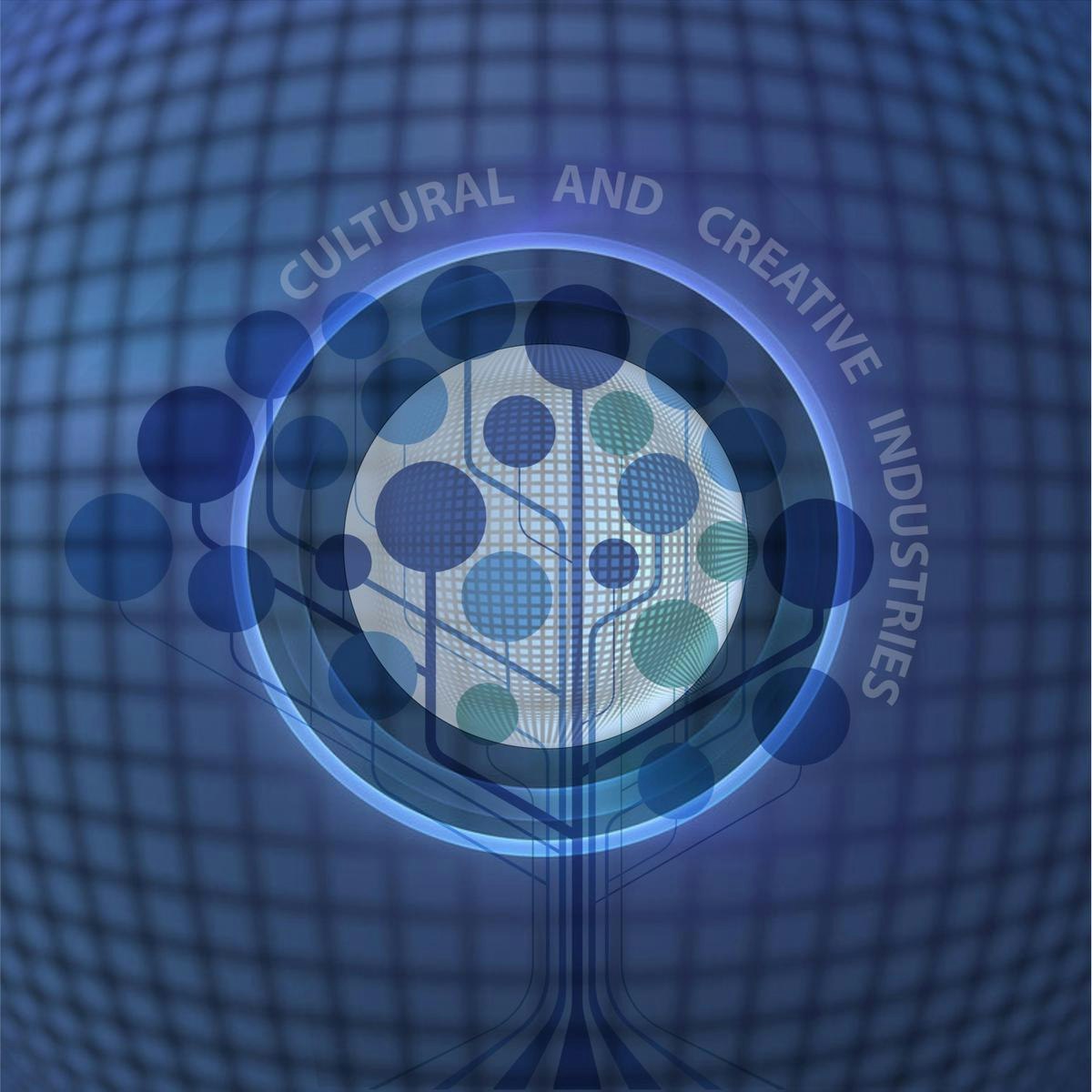

8 weeks (8 weeks of study, 4 hours per week)
National Research University Higher School of Economics
Available
Iliya Kiria
Skills you will learn
About this course
Main objective of this course is to trace the development of the Cultural and Creative Industries as an idea and as concept and to identify the key points of changes within it in relations with contemporary digital connected world. Another important task of this course is to provide the deep understanding of the difference between cultural and symbolic meaning products (such as films, recorded music, book and periodicals, online media content etc) and other kind of goods. This course will help you to: - Identify main peculiarities of cultural and symbolic goods in their difference with other branches of economy in terms of production chain, risks, relationship between different stages of production. - Be able to analyze cultural products and symbolic goods from the organizational, economic, business model point of view. - Be able to invent new business models and analyze cultural products in terms of their productions risk. - Be able to analyze cultural policies and creative industries/clusters policies. Main prerequisite to this course is to be able to produce analytical texts in humanities. Normally the course addresses all students of master level interested in peculiarities of media and cultural economy and management. This course is strongly not recommended for those who: - Analyse any market or industry only in microeconomic terms (supply and demand, level of competitions etc). This course is not about market but about peculiarities of symbolic goods; - Try to interpret culture only in terms of marketing and management (i.e. culture is considered like a simple good to be sold to the consumer). This course considers it more broadly like a human agency to produce meanings of everyday life. That’s why cultural goods are different and can not be interpreted exclusively in terms of consuming and need more or less state support; - Try to interpret culture like pure “art” and consequently are absolutely not preoccupied by organizational aspect of its working. This course uses a large number of concepts coming from different fields of science: political economy of communications, cultural studies, sociology etc. Some aspects of the course are commented by known scholars in this field such as David Hesmondhalgh (University of Leeds), Phillipe Bouquillion (University Paris 13 Nord), Bernard Miege (Grenoble Alpes University).
LORE ADVANTAGE
Lore delivers value at the intersection of learning, interests and skills.

Learn from Domain Experts
Access learning options recommended by industry experts, professionals and thought leaders.

Search & Compare
Quickly search, select and add learning options to your learning list.

Personalize your feed
Tell us more about yourself to access the latest learning options, curated just for you.
 Online Courses
Online Courses Learning Pathways
Learning Pathways Videos
Videos Made in India
Made in India Books
Books Podcasts
Podcasts Exec Ed
Exec Ed Postgraduate Programs
Postgraduate Programs High School Students
High School Students Classroom Learning
Classroom Learning


